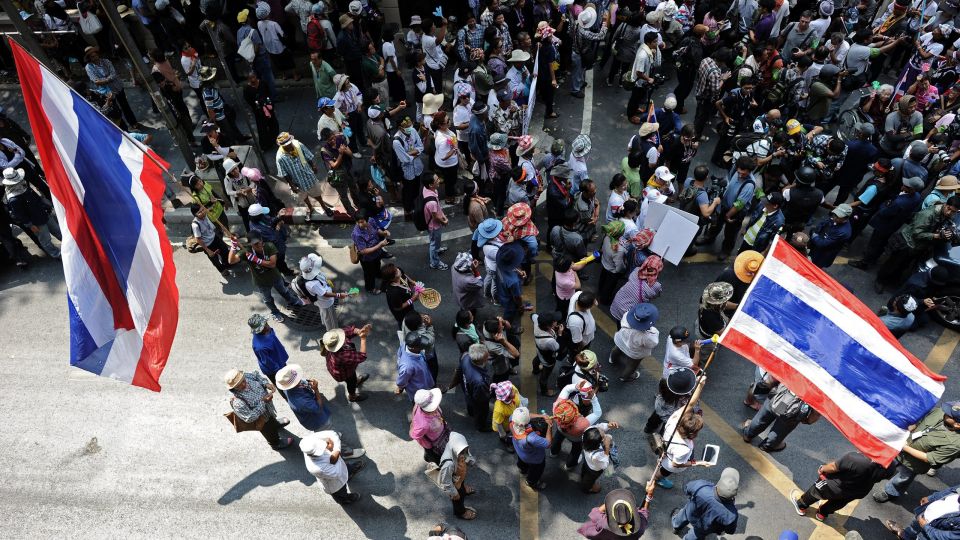January 23, 2020
A report from The Economist Intelligence Unit (EIU) has shown that democracy in Asia was “tumultuous” in 2019 as protests in Hong Kong escalated while China’s alleged discrimination against minorities intensified.
Democracy in Asia was “tumultuous” in 2019 as protests in Hong Kong escalated while China’s alleged discrimination against minorities intensified, among others, a report from The Economist Intelligence Unit (EIU) has shown.
In its Democracy Index 2019, which ranked 167 countries of their state of democracy, India dropped 10 places in the Democracy Index’s global ranking to 51st since its overall score fell from 7.23 in 2018 to 6.90 in 2019.
The EIU said this was caused by “an erosion of civil liberties” in the country as the Indian government stripped the Jammu and Kashmir state of its special status by repealing two key constitutional provisions granting it powers of autonomy.
Meanwhile, a separate citizenship registration exercise in Assam, a state in north-eastern India, has excluded 1.9 million people from the final list of the National Register of Citizens (NRC). The vast majority of people excluded from NRC are Muslims, The EIU noted.
“The new citizenship law has enraged the large Muslim population, stoked communal tensions and generated large protests in major cities,” it said.
Hong Kong also slipped in its global rankings from 73rd to 75th amid the violent protests ongoing in the region. Its score fell by 0.13 points in the 2019 index.
“Indeed, the wave of often violent protests that have been growing since mid-2019 is largely a manifestation of pre-existing deficiencies in Hong Kong’s democratic environment, rather than a drastic change in conditions last year,” The EIU said.
It added that the only indicator in the index that improved in 2019 was that for political engagement, as evidenced by the unprecedented voter turnout in local district elections in November 2019.
China’s score also declined to 2.26 in the 2019 index and it is now ranked 153rd, close to the bottom of the global rankings.
This comes amid the intensified discrimination against minorities, especially in the northwestern region of Xinjiang, as well as the continued digital surveillance in 2019.
“The widespread incarceration and detainment of Muslim minorities, coupled with other infringements of civil liberties, underpins the decline in China’s overall score,” The EIU said.
“Given the country’s authoritarian rule, meaningful political participation and political culture remain extremely weak. Furthermore, the majority of the population is unconvinced that democracy would benefit the economy, and support for democratic ideals is absent,” it added.
Singapore’s introduction of a “fake news” law led to a deterioration of the city-state’s score for civil liberties, The EIU said, adding that as this can be used “to curtail political debate and silence critics of the government.”
“The law could be deployed by the government during campaigning ahead of the general election that is expected to be held after the Chinese New Year holiday in early 2020,” the report reads.
On the other hand, Thailand had the biggest improvement in democracy, garnering a score of 6.32 in 2019, which 1.69 points higher than its score in 2018.
This resulted in Thailand’s rise in the global rankings on democracy by 38 places, The EIU said.
According to The EIU, the improvement came after Thailand held an election in March 2019, which is its first polls since the military coup d’état in May 2014.
“Voters had a wide array of parties and candidates from which to choose, and this helped to restore some public confidence in the electoral process and the political system,” the report reads.
The Democracy Index is based on five categories: electoral process and pluralism; the functioning of government; political participation; political culture; and civil liberties.


